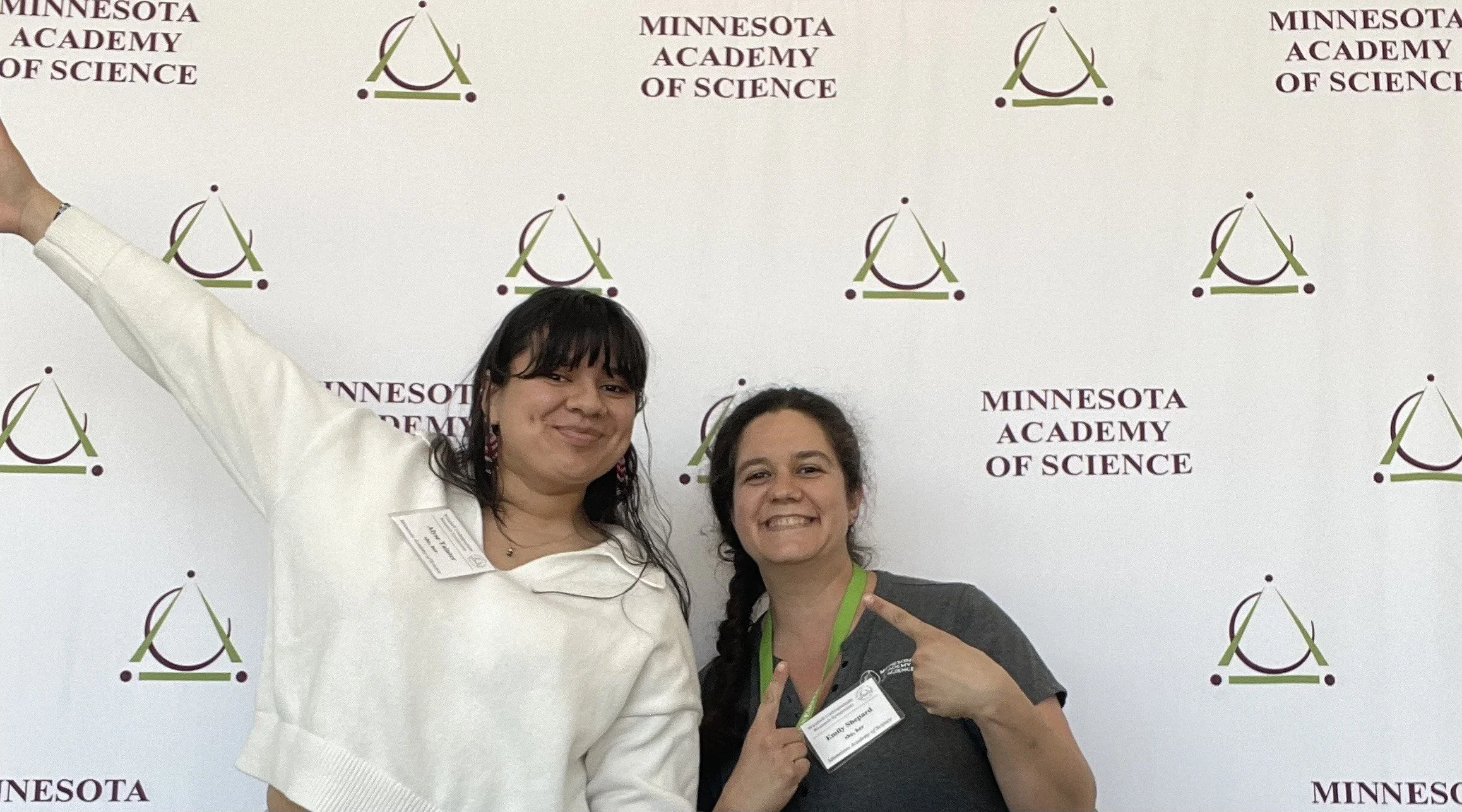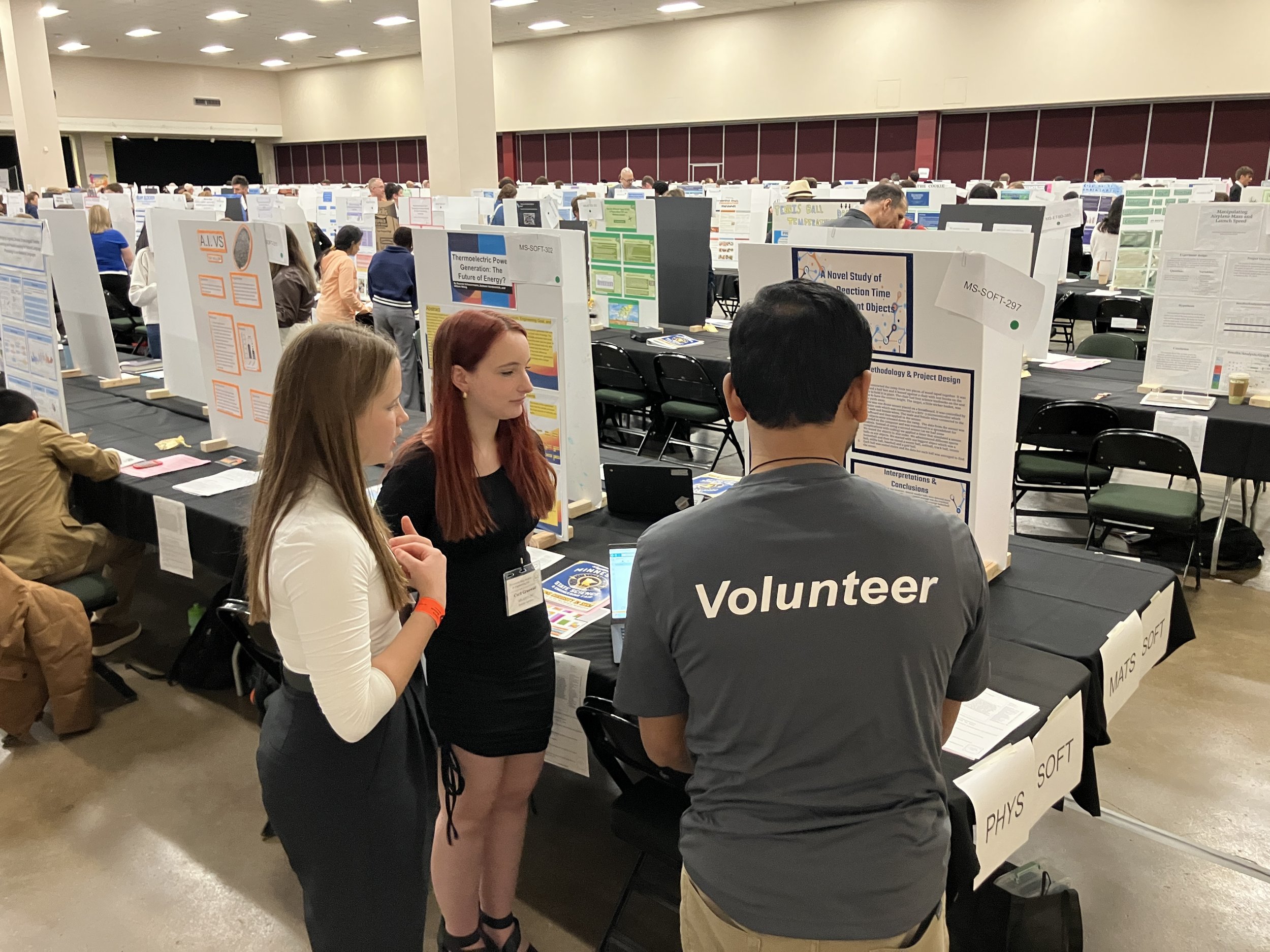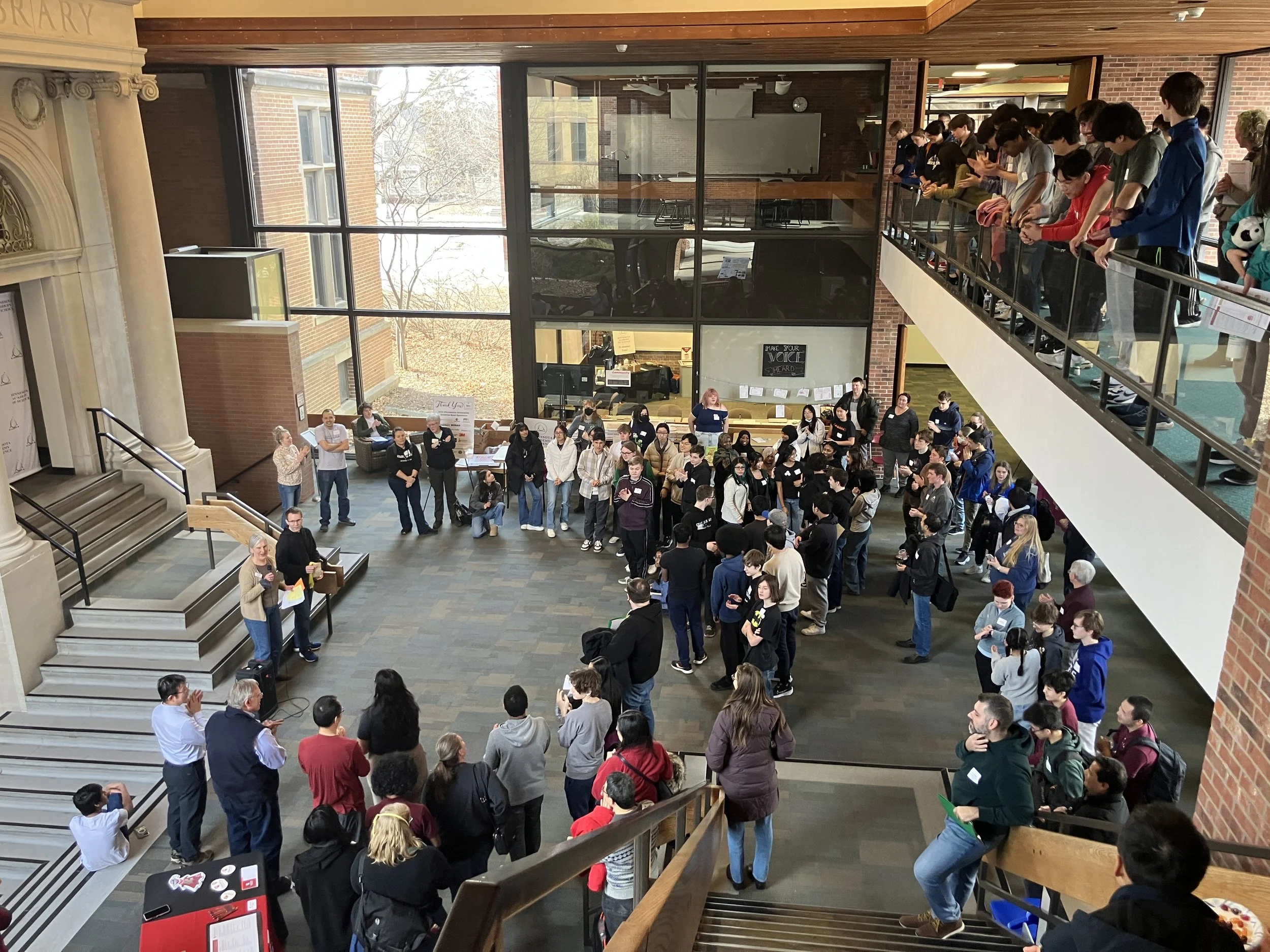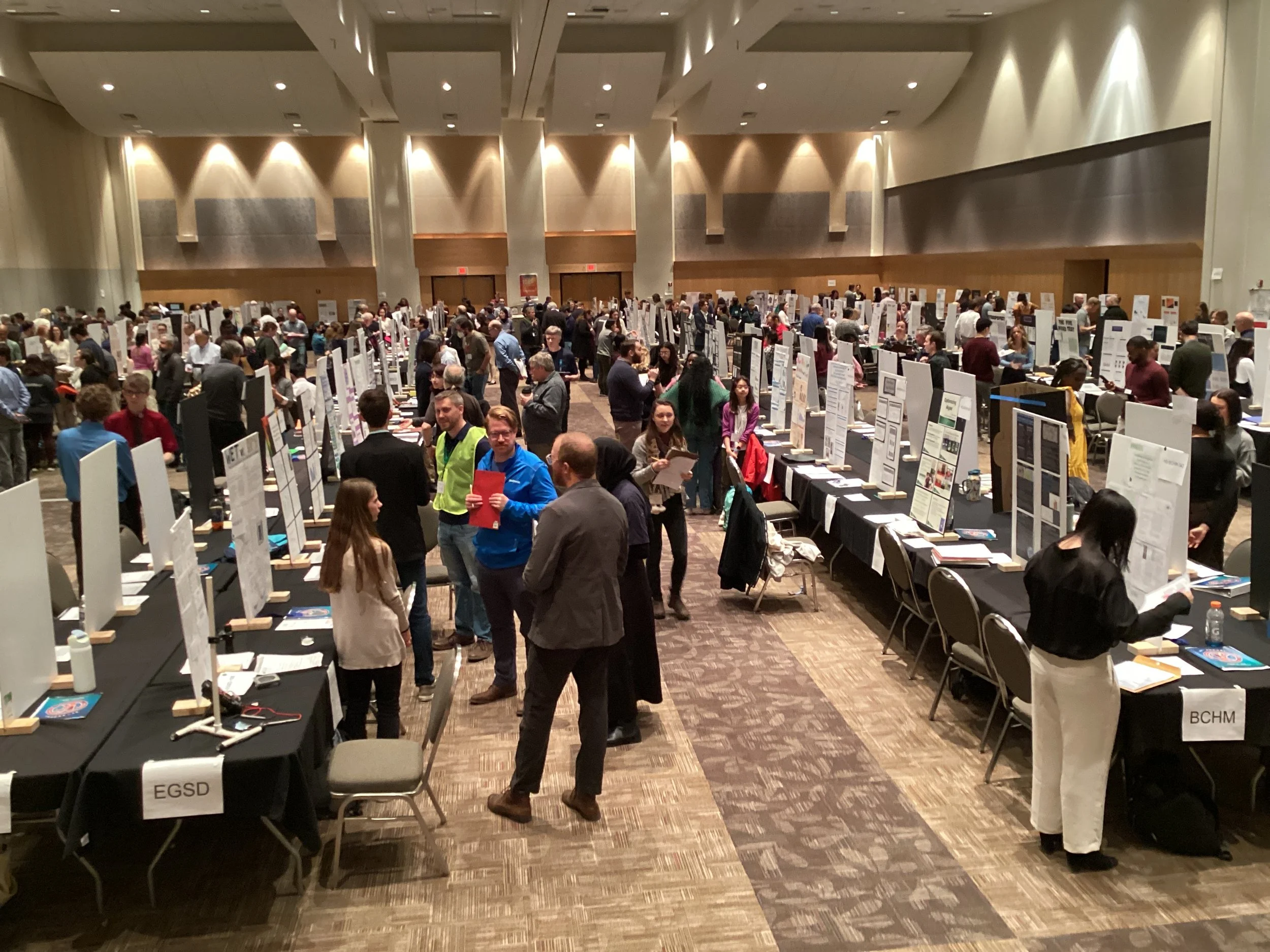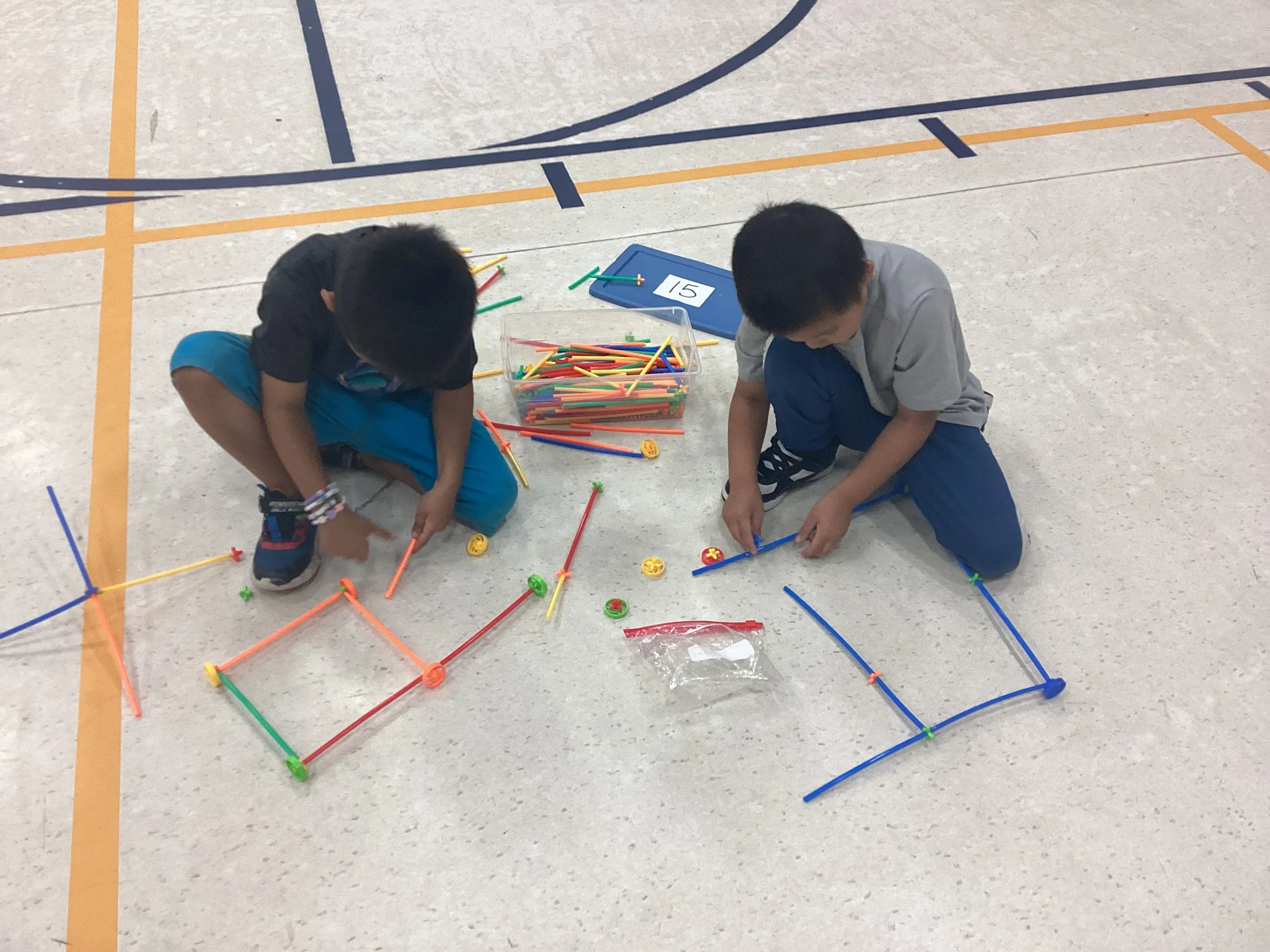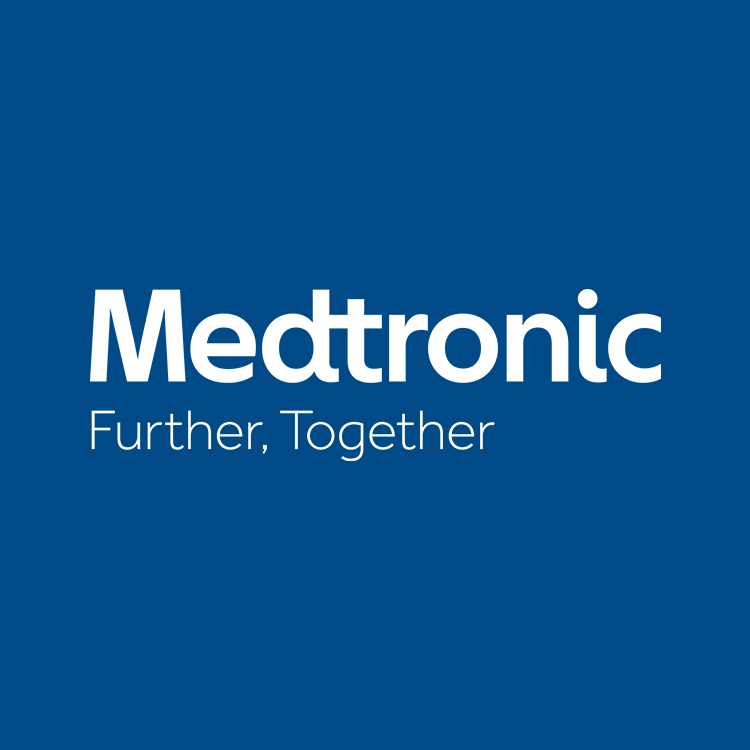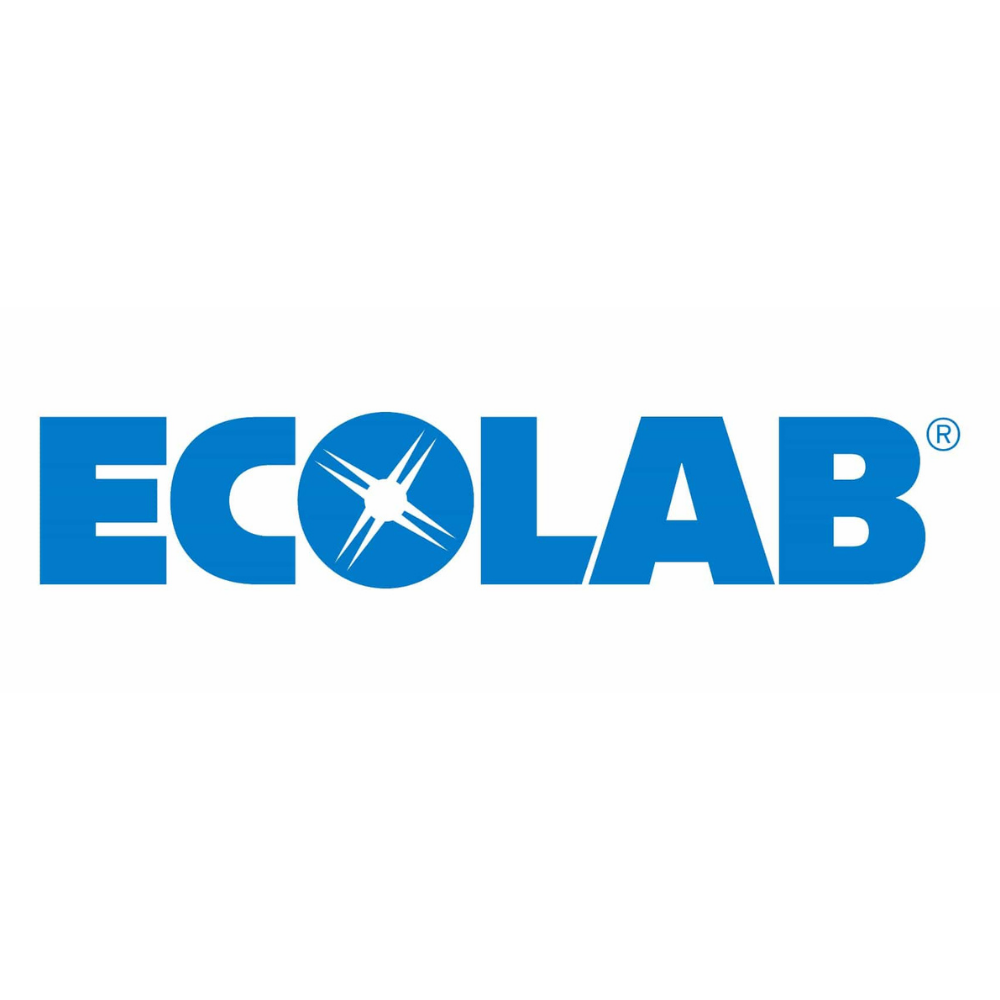Minnesota State Science Fair (SSEF) Rules, Regions and SRC Information
Learn more about the ISEF and Scientific Review Committee rules, the Minnesota Science Fair Regions, the Scientific Review Committee, and codes of ethics and conduct.
Official ISEF Rules
Students must be in compliance with all rules stipulated by the Regeneron International Science & Engineering Fair (ISEF) in the 2026 ISEF Rules & Guidelines. Science fair projects are approved as compliant through the scientific review process explained below. 2026 ISEF Rules & Guidelines can also be downloaded below.
Minnesota Regional Science Fairs
To be eligible to participate in the SSEF, students must first participate in an affiliated Regional Science Fairs in Minnesota and be selected to advance. Find the county that your school is located in using the map to the right to locate your region. If you attend a school that does not have a Science Fair or if you are homeschooled, please contact your regional director:
Northeast Region, Duluth | Regional Director Cynthia Welsh
Western Region, Crookston | Regional Director Tim Dudley
Rochester & Southeast Regions, Rochester | Regional Director James Kappes
Northern Region, Bemidji | Regional Director Kjerstin Owens
Southern Region, Mankato | Regional Director Jimmy Thorne
Twin Cities Region, Twin Cities | Regional Director Timara Underbakke
Please Note: Southeast region will not hold its own fair in 2026. Individuals residing in the Southeast counties Dodge, Fillmore, Goodhue, Houston, Mower, Olmsted, Rice, Steele, Washaba, or Winona should register for the Rochester Regional Science Fair for 2026.
Scientific Review Committee (SRC)
SRC is a group of highly-qualified individuals who evaluate student research, ensuring compliance with rules, applicable laws, and regulations at each level of science fair competition.
What ISEF forms do I need?
The purpose of SRC is to ensure that research was conducted safely and ethically.
High School are required to complete Forms 1, 1A, and 1B.
Middle School are required to complete Middle School Project Review Form.
Additional forms may be required based on your specific project. Use the links above to help you figure out what forms you need.
MAKE SURE THAT YOU KEEP PERSONAL COPIES OF YOUR SRC PAPERWORK!
Additional MSSEF Information
Abstracts
Abstracts for both high school and middle school projects must NOT exceed 250 words. If we receive an abstract in violation of the length limit, we will send it back to the student for correction.
Team Projects
Teams must consist of no more than three individuals. A project cannot be switched from a team project to an individual project in the same year, nor can a project with three team members be reduced to a project with only two partners.
In order to participate in MSSEF, all members of a team must be registered even if all members are not able to attend.
All team members must be in the same division (i.e. Junior or Senior) to be eligible. Teams that contain a combination of both middle school and high school students are not eligible to participate in MSSEF.
Display and Safety
Students must pass Display and Safety Inspections to ensure that their display boards are in compliance with the rules before they may present at an in-person fair. Guidelines on display and safety can be found HERE
Project Categories
All projects must compete under one of ISEF’s categories. When choosing which category a project belongs in, students should consider which judges are most qualified to evaluate their project. For more advice about choosing a category (and to view the Intel sub-categories), please visit the ISEF website.
Judging Criteria
Judges evaluate students’ projects on their contribution to their field of study, their design and methods, their study execution, their creativity and problem solving, and their presentation skills.





